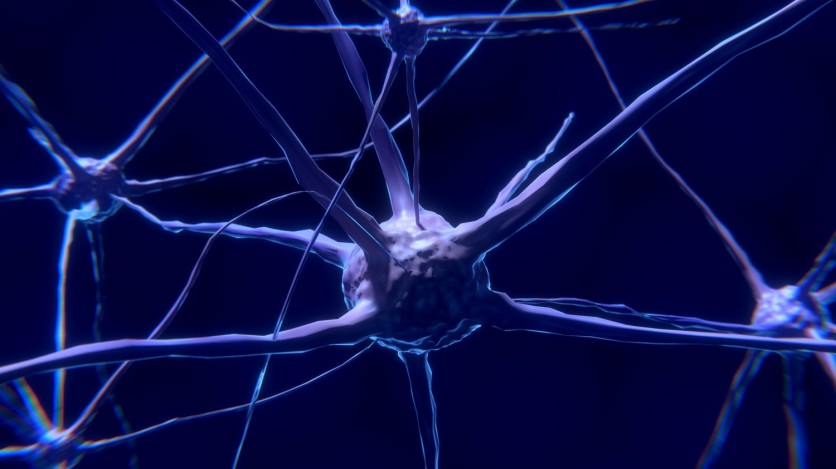A team of researchers from St. Petersburg University, the St. Petersburg Federal Research Center of the Russian Academy of Sciences, and some other institutions have devised a comprehensive database cataloging eye movement patterns in individuals operating PCs under various conditions, such as tiredness and alertness.
Drawing insights from this data, the scientists intend to train neural network models that will serve as the foundation for highly accurate systems monitoring an individual's functional state. These systems aim to bolster safety measures in domains like transportation and industrial facilities.

Integrated Approach
Various transport, industrial, and defense systems rely on operators and professionals at central hubs. The effectiveness and safety of these critical facilities are closely linked to the psychological and physiological well-being of these human operators.
According to the research team, this system could be particularly valuable for professionals like drivers, pilots, air traffic controllers, and industrial supervisors.
Irina Shoshina, a Doctor of Biological Sciences and Professor at the Institute for Cognitive Research at St. Petersburg State University, highlighted the value of this integrated approach, noting its capacity to offer a more holistic and objective assessment of an individual's functional state compared to methods that involve isolated measurements of specific indicators linked to fatigue.
Shoshina explained: "An integrated approach provides a more complete picture and a more objective assessment of the functional state, in contrast to approaches involving separate registration of certain indicators that reflect the state of fatigue."
"Thus, a common method of cardiac time interval measurement used to register fatigue is quite controversial in terms of the accuracy of state assessment. It is based on the registration of heart rate indicators," she added.
Instead, the team adopted a unique approach focused on analyzing eye movement patterns, which, according to Shoshina, reflect the interplay between the neural networks responsible for static and dynamic vision, psychophysiological markers of functional state, and psychological test results.
The next step for the scientists is to harness this database to train a neural network capable of accurately detecting operator fatigue based on their eye movement patterns.
Shoshina believes this approach will facilitate remote fatigue assessment. Moreover, their compiled database is available to all software developers, offering them a valuable resource for testing their offerings.
Extensive Database
Alexey Kashevnik, the Project Manager and Senior Research Associate in the Laboratory of Integrated Automation Systems at the St. Petersburg Federal Research Center of the Russian Academy of Sciences, claims they have crafted an extensive database.
This database is well-suited for training neural networks to categorize an individual's condition as either fatigue or alert. It contains a distinctive array of diverse labeled indicators that can be employed to instruct neural networks in accurately identifying human fatigue levels.
The researchers gathered data on functional state indicators through various sensors, including a video camera, eye tracker, heart rate monitor, and electroencephalograph. Furthermore, participants were subjected to assessments of sleep quality, fatigue levels, complex visual-motor reaction tests, and more.
These measurements were taken at different times over an eight-day research period involving 10 individuals engaged in both passive and active tasks. The findings of the team were recently published in the journal Sensors.

![Apple Watch Series 10 [GPS 42mm]](https://d.techtimes.com/en/full/453899/apple-watch-series-10-gps-42mm.jpg?w=184&h=103&f=9fb3c2ea2db928c663d1d2eadbcb3e52)



